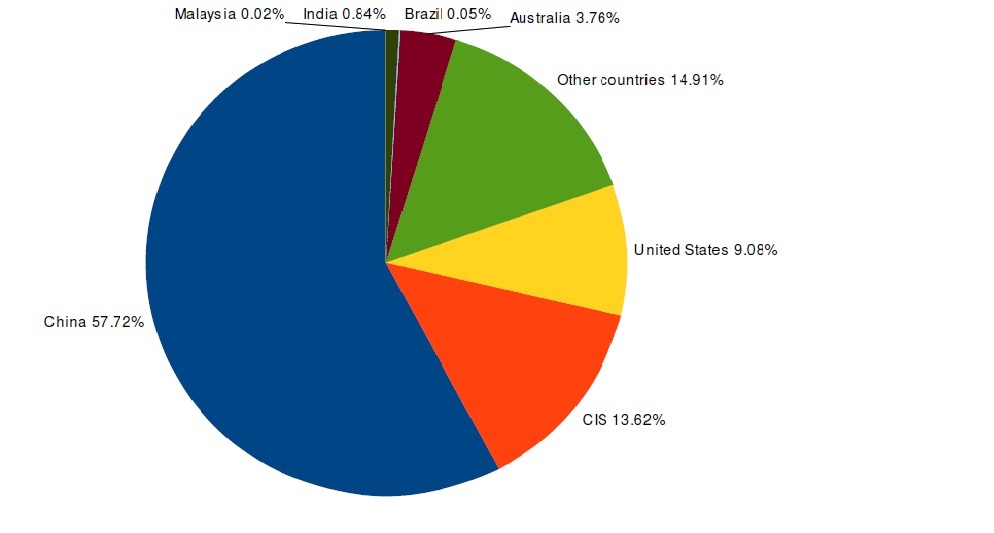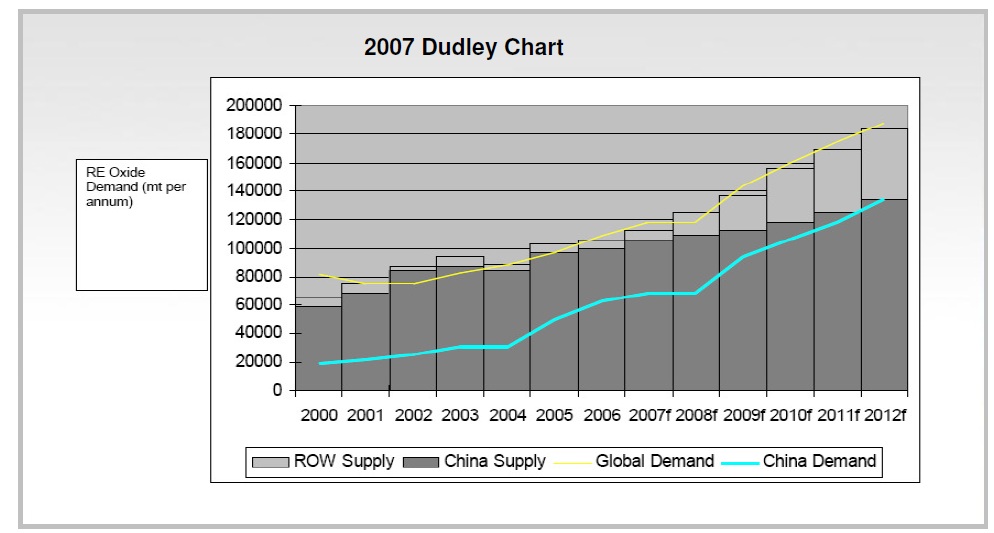Tydzień w gospodarce
Kategoria: Raporty
Chiny ponownie znalazły się na pierwszych stronach ekonomicznych dzienników. Tym razem z dwóch powodów: podniesienia stóp procentowych i ograniczenia eksportu metali rzadkich do Japonii. Pierwszy częściowo potwierdza obawy pesymistycznie nastawionych ekonomistów co do istnienia bańki na tamtejszym rynku nieruchomości. Wzrost stóp nie był wysoki: Bank of China podniósł stopy (lending rates) z 5,31 do 5.56. Jednak Chiny oglądane są pod mikroskopem, gdyż jak zauważył niegdyś Milton Friedman, są barometrem ciśnienia w gospodarce światowej. Informacja o podwyżce stóp wkrótce zniknie z mediów ekonomicznych, ale szerokim echem odbije się wiadomość o tym, co może być początkiem chińsko-zachodniej wojny handlowej. Na razie embargiem Chin na eksport metali rzadkich została objęta Japonia. Bez tych metali niemożliwe jest dziś wyprodukowanie np. słuchawek do iPhona, elementów turbin wiatrowych stosowanych w technologiach zielonej energii, baterii do Toyoty Prius czy pierścieni głowic pocisków średniego zasięgu. W jakim stopniu Chiny będą w najbliższej dekadzie kontrolować rynek nowoczesnych technologii, zadecyduje podaż metali rzadkich – twierdzi Cindy Hurst z Institute for the Analysis of Global Security. Jej opracowanie zyskało w tym tygodniu szerokie zainteresowanie na Wall Street po tym, gdy Chiny zdecydowały o odmowie eksportu niektórych metali rzadkich do Japonii.
Według US Geology Institute Chiny dysponują dużymi zasobami pierwiastków rzadkich. Po USA to właśnie Chiny są największym ich producentem. Chiny są zaś zdecydowanym liderem w konsumpcji tych metali (wykres).
According to Wang Caifeng, in 2008 China used 70,000 tons of rare earth elements. Global consumption was 130,000 tons. China exported 10,000 tons of rare earth magnets worth $400 million and 34,600 tons of other rare earth products worth $500 million. There are numerous examples that point to China’s anticipated increase in rare earth consumption. For example, at the end of July 2008, China had 600 million cell phone users. Less than one year later, by the end of March 2009, China had 670 million cell phone users. New technologies, such as the third generation (3G) networks, have boosted the sale of cell phones, a trend which will likely continue as more and more Chinese citizens buy cell phones and others upgrade to the new technologies (…)
In another example, the use of solar and wind power are set to increase exponentially in China. Green energy technology is expected to become the largest consumer of rare earth elements in the future. According to Mark Smith, Chief Executive Officer of Molycorp Minerals, the company that owns and operates the Mountain Pass rare earth mine in California, “We’ve coined the term, ‘the green elements.’ because there are so many applications right now – hybrid electric vehicles, wind powered generation, permanent magnet generators, compact fluorescent light bulbs – just to name a few. Rare earths are absolutely indispensable. They (green technologies) will not work without rare earths.
Od początku lat 60 Chiny eksportowały miliony ton metali rzadkich. Dopiero od trzech lat rząd chiński nakłada ograniczenia. W 2009 zezwolił na eksport 82 tys ton.
The Ministry of Land and Resources implemented a regulation stating that the 2009 export quota for rare earth ores would be set at 82,320 tons, 72,300 of which are light rare earth elements, the remaining 10,020 tons being heavy rare earth elements. These numbers were based on “controls of the total amount of extraction for” rare earth ore for 2008 and forecasts for market factors in 2009.49 More cuts are expected in the future.
Według niezwykle ciekawego opracowania Cindy Hurst „China’s Rare Earth Elements Industry: What Can the West Learn?”, zwiększenie przez Chiny konsumpcji metali rzadkich w ciagu dekady moze utrudnić im ich eksport.
It does, however, require careful analysis and monitoring. By 2014, global demand is expected to exceed 200,000 tons per year. According to the U.S. Geological Survey, there are sufficient reserves of rare earth elements to sustain global consumption needs for many years.
Tim Worstall w FP blog rozwija ten temat obszerniej.
The Baseline Scenario zwraca uwagę na obszerne i bardzo ciekawe opracowanie Adama Levitin and Susan Wechter na
temat bańki na rynku nieruchomości.
This oversupply of housing finance happened because of banks’ desire to keep the securitization pipeline flowing after the 2001-03 refinancing wave tapered off.
Private mortgage-backed securities were their preferred instrument because they are both complex and heterogeneous: complexity means they are impossible to price based on fundamentals, and heterogeneity means that comparing prices between private MBS is meaningless or misleading.
Część ekonomistów obawia się, że właściciele nieruchomości jeszcze stracą, ponieważ koszty pryśnięcia bańki nie zostały jeszcze wyliczone. Od kilku dni inwestorzy na Wall Street szepczą, iż w rocznicę upadku Lehman Brothers rynek finansowy czeka kolejny wstrząs, Czy będzie nim konieczność wykupu Bank of America? Oto fragment emaila, którzy insajderzy Wall Street przesyłają sobie wzajemnie:
the banks stocks fell. Especially Bank of America (NYSE:BAC), which fell by almost five percent. Why? The news came near the close of the market, and it was menacing. Bank of America is being cornered by investors in its securitised mortgages to buy them back.
„Pacific Investment Management Co., BlackRock Inc. and the Federal Reserve Bank of New York are seeking to force Bank of America Corp. to repurchase soured mortgages packaged into $47 billion of bonds by its Countrywide Financial Corp. unit, people familiar with the matter said. Investors in mortgage securities are playing their hand now (presumably to get something out of BAC before something worse happens to the band and its nationalised because it’s too big to fail). The investors are claiming that the bonds, originally issued by Countrywide Financial, which Bank of America acquired, have not been serviced properly.
Opracował: Tomasz Pompowski


